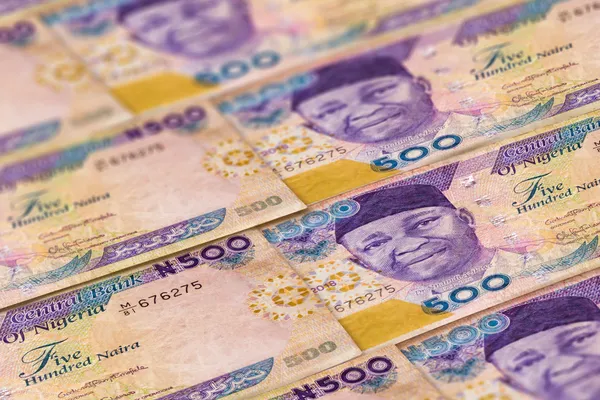Arnold Dublin Green, Chief Investment Officer of Cordros Capital, has attributed the recent depreciation of the naira to the exit of foreign portfolio investors (FPIs) from Nigeria’s financial markets.
Speaking on the Drinks and Mics podcast hosted by Ugo Obi-Chukwu, CEO of Nairametrics, Green explained that Nigeria’s heavy reliance on foreign portfolio inflows has left the currency vulnerable to external shocks.
“Our heavy reliance on foreign portfolio influence is coming to play because we’ve opened up our market to a volatile global environment. Yes, we are in a weaker dollar situation, which is always a risk to the trade … but it is what it is. The naira is getting priced with oil, the naira is getting priced with everything around the world,” Green stated.
Foreign Investors Seeking Profits
Green noted that foreign investors were initially drawn to Nigeria’s high yields in the fixed-income market, particularly when Open Market Operations (OMO) bills and Treasury bills offered returns as high as 30% and 29%, respectively. However, as yields have declined and the naira has strengthened, many investors have chosen to exit the market to secure their profits.
“These FPIs have made their money. They came in when OMO was yielding 30% for one year and T-bills were at 29%. Back then, the naira was at N1,700/N1,600. Now, T-bill yields have dropped below 20%, OMO is under 20%, and the naira has strengthened to N1,500. Having made their profits, they see no reason to stay,” Green explained.
FG Payments to Contractors Increasing FX Pressure
Ugo Obi-Chukwu, CEO of Nairametrics, highlighted that Bureau De Change (BDC) operators reported significant financial transactions during the week, largely due to federal government disbursements.
“BDC operators told us there were a lot of payments that happened during the week—FG payments to contractors,” Obi-Chukwu revealed.
Such large-scale transactions can influence liquidity levels in the foreign exchange market, increasing demand for dollars and putting pressure on the naira.
Calls for FX Stability Over Interest Rate Adjustments
In a previous edition of the podcast, Samson Esemuede, CEO of Zrosk, emphasized that stabilizing the exchange rate should be a priority for policymakers over adjusting interest rates.
“Interest rate is a form of price. Exchange rate is a form of price. As a policymaker, you have a choice on which price to focus on. In Nigeria, given the impact on people creating output, FX stability is far more important than interest rates,” Esemuede stated.
Market Reactions
The naira weakened further on Friday, falling to a new low of N1,590 per dollar in the parallel market.
In the official Nigerian Foreign Exchange Market (NFEM), the currency depreciated by 0.6% (N9.13) on Thursday, with data from the Central Bank of Nigeria (CBN) showing the dollar quoted at N1,547.81/$1, compared to its previous close of N1,538.68/$1.

